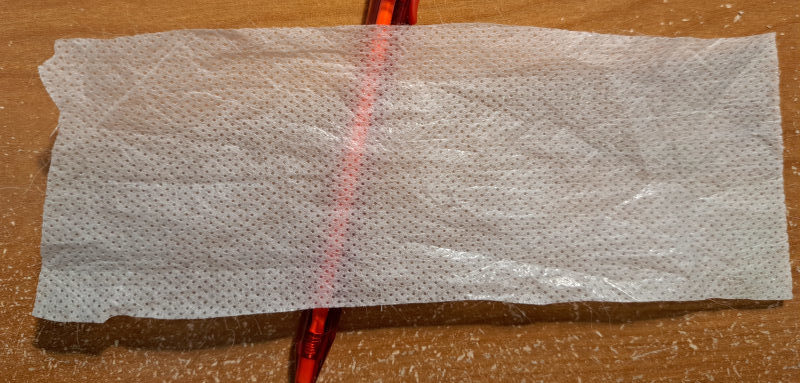TPI is posting advocacy letters we have written to provide examples of violence against persons in prison, primarily against trans and queer persons in Texas prisons. Personal identifying information has been removed for all incarcerated persons, and named staff or other persons causing harm is removed on a case by case basis.
Content warning: Some of these letters describe threats and incidents of violence that may be disturbing. We will note whether each letter is considered a low, moderate, or high risk for being disturbing. We consider this letter to be high risk.
Here we are addressing an issue of harassment and threats from other incarcerated persons, and staff refusal to respond to the endangerment even though they knew of the issues and even said they would take care of the problem, but did not. With the lack of response from staff, the subject felt she had no other choice but to negotiate protection with another incarcerated person, an agreement that often means trading sexual favors for protection from harm. In this case, even though they knew about the endangerment and directly or indirectly encouraged the actions taken by the subject, the staff then cited the subject with a disciplinary case for sexual misconduct.
In their response to this complaint on March 11, 2022, the PREA Ombudsman referred to the coerced sex for protection as “a consensual relationship,” a typical excuse used to cover up sexual violence and manipulate data reported under PREA requirements. In spite of their manipulation, the Office of the Inspector General did open an investigation, but it can take years for such investigations to be completed, and most are dismissed.
It may be worth noting that in the 2021 Texas legislative session, HB 1598 and SB 1980 proposed creating a new independent ombudsman office separate from TDCJ as an oversight agency. TDCJ seems to have responded by creating their own “independent” ombudsman office, which we are directly addressing in this letter, probably to make the argument that an actual independent agency is not needed because they already have a supposedly independent oversight group. Nothing could be further from the truth. Most of TPI’s responses from the “independent” ombudsman simply repeat the findings (and excuses) of staff at the units where the incidents occurred.
